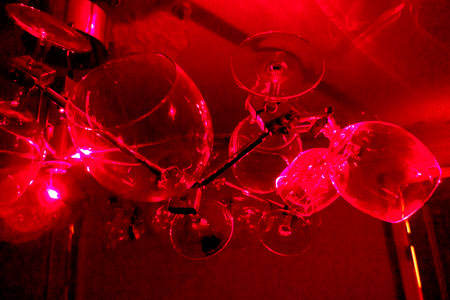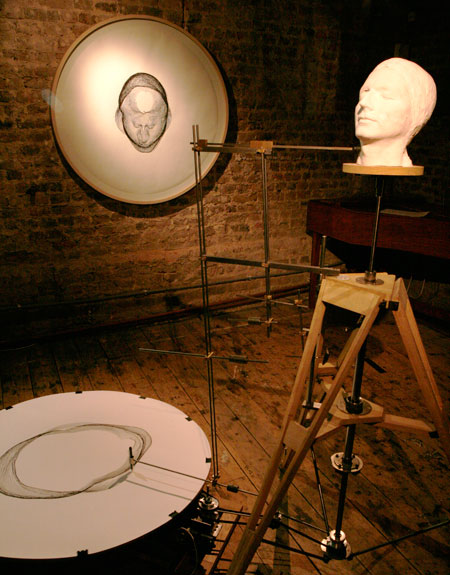U.S. premiere of Balint Bolygo exhibit
Balint Bolygo, a Hungarian-born UK artist, will hold his first American exhibition at Emerson College’s Huret & Spector Gallery beginning Friday, October 18 through December 15.
An opening reception will be held Thursday, October 17, from 4:00 to 6:00 pm at the Huret & Spector Gallery. Another opening reception will also be held Thursday, October 17, from 6:00 to 8:00 pm at Boston Cyberarts Gallery in Jamaica Plain. Bolygo will attend both receptions. Both events are free and open to the public.
The exhibitions focus on Bolygo’s distinctive drawing-machine sculptures. Bolygo has exhibited across the UK, Europe, and Russia, including for the Victoria and Albert Museum, Kinetic Art Fair, and a special installation for the London Olympics.

The exhibits will be curated by Joseph D. Ketner II, distinguished curator-in-residence for Emerson’s Visual and Media Arts Department, and George Fifield, director of Boston Cyberarts.
“We are very excited to be collaborating with Boston Cyberarts in bringing the work of Balint Bolygo to the U.S. for the first time,” Ketner said. “Boston is a hub for innovation, technology, and has a thriving arts culture—areas that Bolygo draws inspiration from for his marvelous drawing-machine sculptures. I hope visitors will enjoy this opportunity to see his work on display firsthand.”

Bolygo creates mechanisms animated by natural, invisible universal forces (gravity, optical laws, and crystalline movements on a nano scale) that investigate the process of creation independently. His sculptural inventions often explore the passing of time, and they record traces of particular events and movements on a surface—paper, metal, plaster, glass—through the build-up of complex patterns, highlighting the connection between space, matter, and time. The relationship between the predictable nature of a system (a machine, program, and algorithm) and the unpredictability of the human touch conjures up both notions of random chaos and universal order.
The Harry L. Huret & Ellen Marr Spector Gallery was funded by a gift from Judith Spector Huret in 1999. Judy Huret received an MA in Communication Sciences and Disorders from Emerson in 1969 and has been a member of the Emerson College Board of Trustees since 2001.
Categories